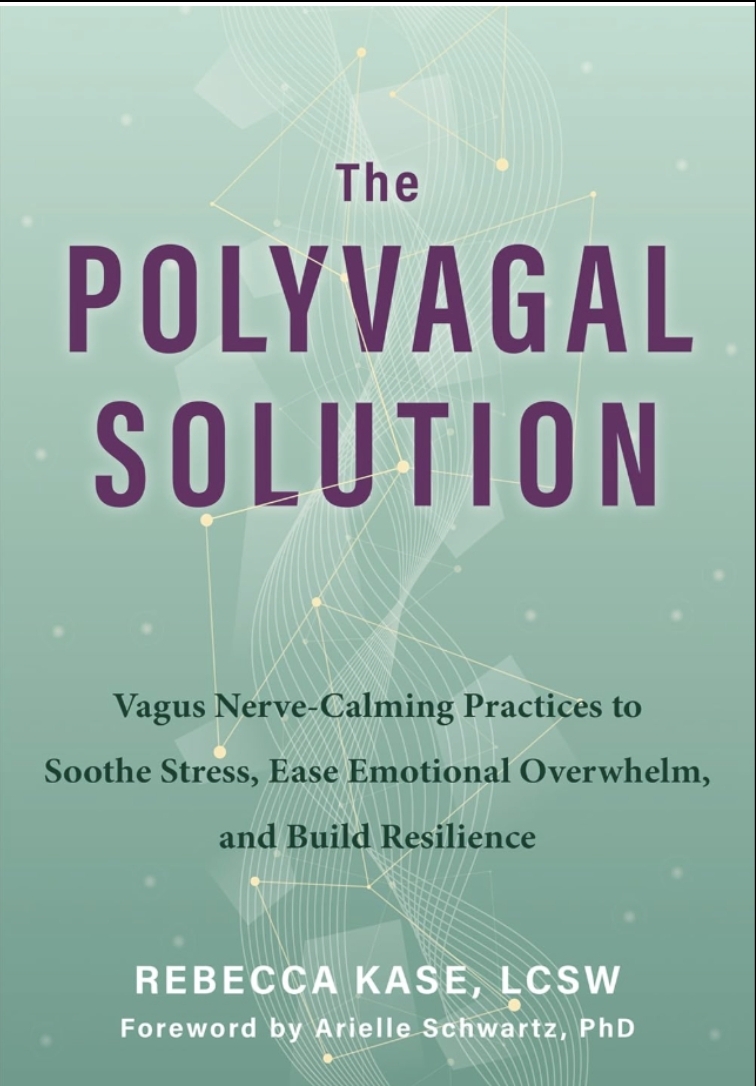Lifestyle
The Evolution of eCommerce: How Online Shopping Has Changed in the Last Decade

Over the past decade, eCommerce has transformed from a convenient alternative to brick-and-mortar shopping into a dominant force shaping global consumer behaviour. This evolution has been driven by advancements in technology, shifting customer expectations, and innovative logistics strategies that ensure purchases reach doorsteps with unprecedented speed and efficiency. Let’s explore how online shopping has evolved and what it means for businesses and consumers alike.
The Rise of Mobile Commerce
One of the most significant changes in eCommerce is the shift towards mobile shopping. Smartphones have become the preferred device for browsing, comparing, and purchasing products. According to recent studies, more than 70% of online transactions now occur on mobile devices. User-friendly apps, seamless payment gateways, and mobile-first website designs have played pivotal roles in driving this trend.
For businesses, this shift has meant a greater focus on responsive design and mobile-optimised platforms to enhance user experience. It has also encouraged the rise of social commerce, where platforms like Instagram and TikTok have become integral to shopping journeys, blending entertainment with eCommerce.
Personalisation and AI Integration
A decade ago, personalisation in online shopping was rudimentary – limited to broad product recommendations. Today, artificial intelligence (AI) and machine learning have revolutionised how retailers engage with customers. eCommerce platforms can now analyse browsing habits, purchase history, and even real-time preferences to deliver highly tailored shopping experiences.
From personalised email campaigns to dynamic website content that adapts to user behaviour, AI has allowed businesses to forge stronger connections with their audiences. This evolution not only boosts sales but also fosters customer loyalty in a competitive market.
The Amazon Effect and Expedited Delivery
The “Amazon Effect” has been another game-changer, setting new standards for eCommerce logistics. The expectation of fast, often same-day delivery has become a benchmark for online retailers worldwide. To meet these demands, businesses have invested heavily in supply chain optimisation and partnerships with reliable logistics providers.
The integration of advanced eCommerce freight solutions has been crucial in ensuring timely and cost-effective delivery. These solutions streamline the movement of goods from warehouses to customers, enabling retailers to stay competitive while managing rising logistical complexities.
Sustainability in Online Shopping
As awareness of environmental issues grows, sustainability has become a major focus for eCommerce. In the last decade, consumers have increasingly demanded eco-friendly practices, prompting businesses to adopt greener approaches.
From sustainable packaging to carbon-neutral shipping options, online retailers are now incorporating environmental responsibility into their operations. This shift not only aligns with consumer values but also provides businesses with a competitive edge in a market that prioritises ethical consumption.
The Power of Data and Analytics
Data has always been integral to eCommerce, but its role has expanded significantly in the past ten years. Advanced analytics now allow businesses to understand consumer trends, optimise inventory management, and enhance marketing strategies. Predictive analytics, for instance, can anticipate demand fluctuations, helping retailers avoid stockouts or overstocking.
Moreover, data-driven insights have made omnichannel retailing more cohesive, ensuring customers have a seamless experience whether they’re shopping online, in-store, or through a combination of both.
Challenges and Opportunities Ahead
While the evolution of eCommerce has brought remarkable progress, it hasn’t been without challenges. Rising customer expectations, cybersecurity threats, and the complexities of global trade are just a few hurdles businesses face. However, these challenges also present opportunities for innovation.
By adopting cutting-edge technologies, fostering strategic partnerships, and focusing on customer-centric approaches, businesses can continue thriving in the ever-changing eCommerce landscape.
As you can see, the past decade has been transformative for eCommerce – reshaping how we shop, sell, and interact with brands
From the convenience of mobile shopping to the precision of AI-driven personalisation, the industry has continually adapted to meet the needs of modern consumers. As technology advances and consumer expectations evolve, one thing is certain – eCommerce will remain at the forefront of global retail innovation for years to come.
Lifestyle
The Missing Piece in Self-Help? Why This Book is Changing the Wellness Game

Self-help shelves are full of advice — some of it helpful, some of it recycled, and most of it focused on “mindset.” But Rebecca Kase, LCSW and founder of the Trauma Therapist Institute, is offering something different: a science-backed, body-first approach that explains why so many people feel struck, overwhelmed, or burned out — and what they can actually do about it.
A seasoned therapist and business leader, Kase has spent nearly two decades teaching others how to navigate life through the lens of the nervous system. Her newest book, “The Polyvagal Solution,” set to release in May 2025, aims to shake up the wellness space by shifting the focus away from willpower and onto biology. If success has felt out of reach — or if healing has always seemed like a vague concept — this book may be the missing link.
A new way to understand stress and healing
At the heart of Kase’s approach is polyvagal theory, a neuroscience-based framework that helps explain how our bodies respond to safety and threat. Developed by Dr. Stephen Porges, polyvagal theory has transformed the way many therapists understand trauma, but Kase is bringing this knowledge to a much wider audience.
“The body always tells the truth,” Kase says. “If you’re anxious, exhausted, or always in overdrive, your nervous system is asking for support, not more discipline.”
“The Polyvagal Solution” makes this complex theory digestible and actionable. Instead of promising quick fixes, Kase offers strategies for regulating the nervous system over time, including breathwork, movement, boundaries, and daily practices that better align with how the human body functions. It’s less about pushing through discomfort and more about learning to tune in to what the body needs.
From clinical expertise to business insight
What sets Kase apart isn’t just her deep understanding of trauma but how she blends that knowledge with real-world experience as a business owner and leader. As the founder of the Trauma Therapist Institute, she scaled her work into a thriving company, all while staying rooted in the values she teaches.
Kase has coached therapists, executives, and entrepreneurs who struggle with burnout, anxiety, or feeling disconnected from their work. Regardless of who she works with, though, her message remains consistent: the problem isn’t always mindset — it’s often regulation.
“Success that drains you isn’t success. It’s survival mode in disguise,” Kase explains. Her coaching programs go beyond traditional leadership training by teaching high achievers how to calm their nervous systems, enabling them to lead from a grounded place, not just grit.
Making the science personal
For all her clinical knowledge, Kase keeps things human. Her work doesn’t sound like a lecture but rather like a conversation with someone who gets it. That’s because she’s been through it herself: the long hours as a therapist, the emotional toll of supporting others, the realities of building a business while managing her own well-being.
That lived experience informs everything she does. Whether she’s speaking on stage, running a retreat, or sharing an anecdote on her podcast, Kase has a way of weaving humor and honesty into even the heaviest topics. Her ability to balance evidence-based practice with practical advice is part of what makes her voice so compelling.
Kase’s previous book, “Polyvagal-Informed EMDR,” earned respect from clinicians across the country. But “The Polyvagal Solution” reaches beyond the therapy community to anyone ready to understand how their body is shaping their behavior and how to create real, sustainable change.
Why this message matters
We’re in a moment where burnout is common and overwhelm feels normal. People are looking for answers, but many of the tools out there don’t address the deeper cause of those feelings.
That’s where Kase’s work lands differently. Instead of telling people to “think positive” or “try harder,” she teaches them how to regulate their own biology. And in doing so, she opens the door for deeper connection, better decision-making, and more energy for the things that matter.
As more workplaces begin to embrace trauma-informed leadership, more individuals are seeking solutions that go beyond talk therapy and motivational content. Kase meets that need with clarity, compassion, and a toolkit rooted in both science and humanity.
A grounded approach to lasting change
What makes “The Polyvagal Solution” stand out is its realism. It doesn’t ask readers to overhaul their lives but instead asks them to listen — to pay attention to how their bodies feel, how their stress patterns manifest, and how even small shifts in awareness can lead to significant results over time. Whether you’re a therapist, a team leader, or someone trying to feel more at ease in your own skin, this book offers a way forward that feels both grounded and achievable.
Rebecca Kase isn’t just adding another title to the self-help genre. She’s redefining it by reminding us that we don’t have to muscle our way through life. We just have to learn how to work with, not against, ourselves.
And maybe that’s the real game-changer we’ve been waiting for.
-

 Tech4 years ago
Tech4 years agoEffuel Reviews (2021) – Effuel ECO OBD2 Saves Fuel, and Reduce Gas Cost? Effuel Customer Reviews
-

 Tech6 years ago
Tech6 years agoBosch Power Tools India Launches ‘Cordless Matlab Bosch’ Campaign to Demonstrate the Power of Cordless
-

 Lifestyle6 years ago
Lifestyle6 years agoCatholic Cases App brings Church’s Moral Teachings to Androids and iPhones
-

 Lifestyle4 years ago
Lifestyle4 years agoEast Side Hype x Billionaire Boys Club. Hottest New Streetwear Releases in Utah.
-

 Tech7 years ago
Tech7 years agoCloud Buyers & Investors to Profit in the Future
-

 Lifestyle5 years ago
Lifestyle5 years agoThe Midas of Cosmetic Dermatology: Dr. Simon Ourian
-

 Health6 years ago
Health6 years agoCBDistillery Review: Is it a scam?
-

 Entertainment6 years ago
Entertainment6 years agoAvengers Endgame now Available on 123Movies for Download & Streaming for Free
